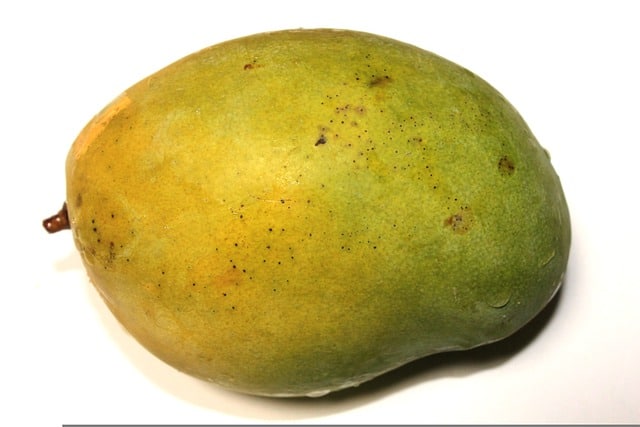
Mango – Mali national fruit
The national fruit of Mali is mango which is found in different part of Mali. This fruit is grown in abundance all over the country, and it’s a staple of the Malian diet. Mango is one of the most popular fruits in Mali, where it is known as mangoustan or mangue. In fact, there are more than 50 varieties of mangoes grown in this country and these are divided into two types: sweet and sour.
Scientific Classification
Scientific name: Mangifera
Family: Anacardiaceae
Rank: Genus
Order: Sapindales
Kingdom: Plantae
Uses of Mango
Mango is the most commonly produced fruit in the world with about 1000 varieties found in different parts of the world. Mangoes are rich in vitamins A and C and other nutrients like iron, copper and potassium. They are also good for skin health and keep us away from diseases like asthma, allergies etc.
Importance of Mangoes in Mali
Mango is native to the country and it is one of the most commonly eaten fruits in Mali. Mango trees are found throughout the country, and they produce large quantities of fruit each year. The people of Mali have many uses for their native mangoes, including using them as food, using them in their religious ceremonies, and using them as medicine.
Mangoes are also grown in West Africa, including Senegal, Ghana and Nigeria. These countries export their mangoes to France and Germany while Mali exports theirs to France as well.
Mango Facts – Mali national fruit
- Mango is the official national symbol and state fruit of Mali.
- The fruit is native to India, Indonesia, Kenya and the Philippines, but it’s grown in many tropical areas around the world.
- The mango tree grows up to 60 feet tall, with leaves similar to an oak tree’s, and flowers that smell like roses.
- There are more than 1,000 varieties of mangos grown across the globe. The most popular are Alphonso and Keitt varieties.
- Mango is also known as “king of fruits” due to its popularity and delicious taste among people across the world.
- Mangoes are rich in vitamins A, B1, B2 and B6 as well as vitamin C, calcium and iron. They also contain carotene and fiber.
- Mango is a rich source of dietary fiber, iron and calcium.
- It has anti-inflammatory properties.
- It helps in weight loss by increasing satiety.
- It reduces the risk of diabetes by regulating blood sugar levels.
- It prevents cancer by inhibiting the growth of cancer cells.
- It boosts immunity by increasing white blood cells (WBCs) count in the body.
- It reduces inflammation caused due to arthritis, asthma, chronic fatigue syndrome (CFS) etc.
- It helps in treating sore throat.
Why is Mango the national fruit of Mali?
Mango is the national fruit of Mali because it is widely cultivated in the country. The mango tree is a symbol of abundance, fertility and prosperity. It also represents the beauty of nature and the importance of nature conservation to Mali. It is a delicious, healthy fruit that’s also easy to grow. The government wanted to encourage citizens to make more mangoes available for local consumption and export, so they declared it as the Mali national fruit.
